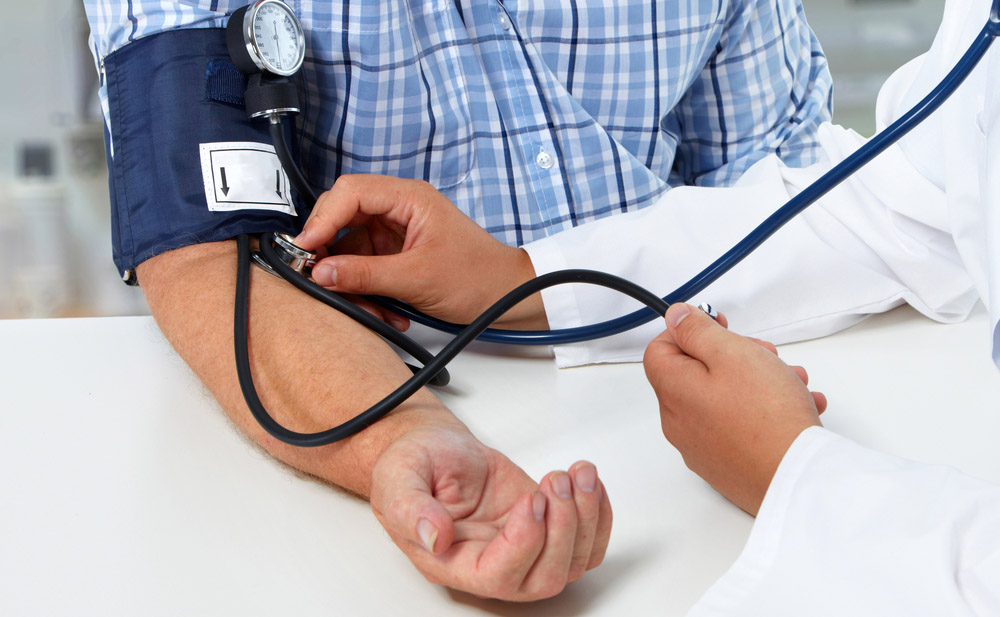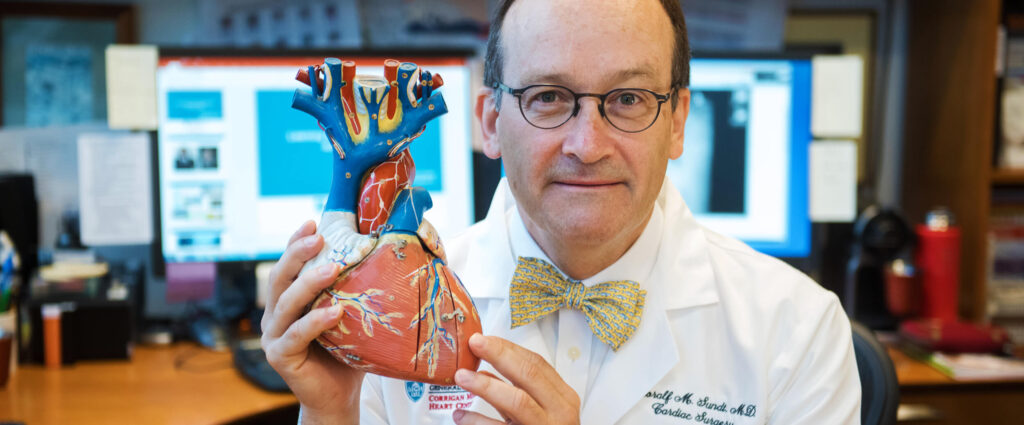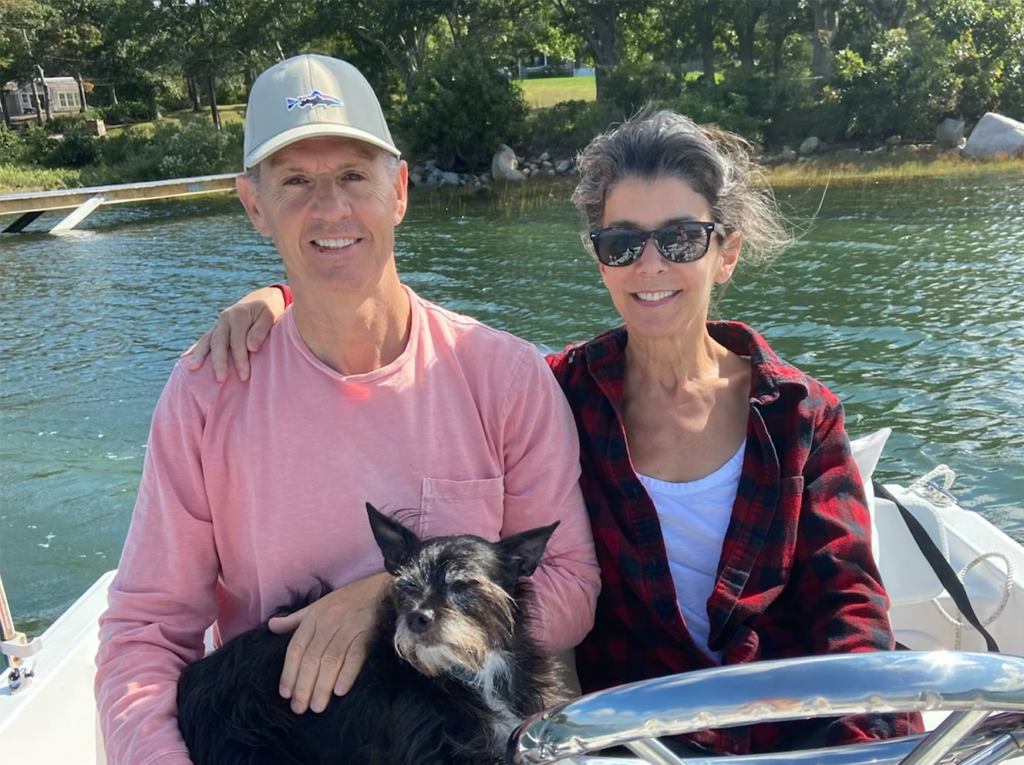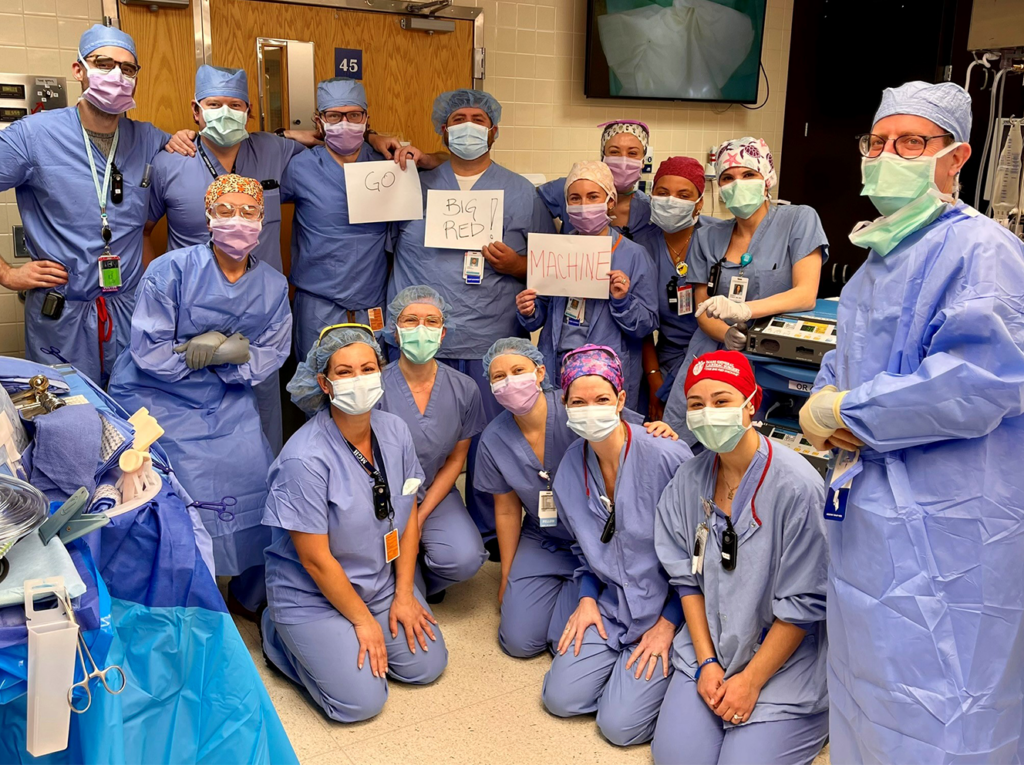High blood pressure is dangerous, contributing to two leading causes of death in the United States, heart disease and stroke. Evidence shows that it should be taken seriously earlier. New guidelines now consider 130 over 80 to be high blood pressure, down from 140 over 90. Randall Zusman, MD, director of Massachusetts General Hospital’s Division of Hypertension, has some advice, particularly if you’re among the majority of Americans whose blood pressure is too high. Eventually, that will be nearly all of us, he says.
Everyone should know their blood pressure, what their target is and what lifestyle modifications it might take to reach that target.
Why is it so important to control blood pressure?
Hypertension (high blood pressure) is the most important risk for stroke and, along with cholesterol, an important risk factor for heart disease. Everything that is dependent on blood vessels is affected by high blood pressure. Kidney disease, dementia, cognitive function, coronary artery disease, arrhythmia — all these things are worsened by high blood pressure.
Who should pay particular attention to these new guidelines?
Everybody really. With the new guidelines, I’d estimate that 98 percent of Americans will develop high blood pressure in their lifetimes. Everyone should know their blood pressure, what their target is and what lifestyle modifications it might take to reach that target.
Pay particular attention if you have a family history of these problems or you’re getting older. Or, if you’ve got really high blood pressure values and your lifestyle is not what we’d call ideal.
The earlier you start reducing blood pressure through lifestyle changes, the longer you can delay starting blood pressure-lowering drugs. I see high school kids who have high blood pressure.

What is your advice to those who now find themselves in the elevated or first stage of hypertension?
The first step is lifestyle modification. That means modify your diet, reduce salt intake, exercise and lose weight if appropriate. Most people are aware of what they need to do, but they just need a kick in the backside to get them to do it.
Get help and advice — whether it’s from your physician, a nutritionist, physical therapist, exercise physiologist or by learning to elicit the relaxation response. I’ve had a lot of people successfully go through the Benson-Henry Institute of Mind Body Medicine’s program and bring their blood pressure under control.
Lifestyle changes alone may be enough. When necessary, we add blood pressure-lowering drugs. Through both approaches, most patients can get their blood pressure below the target of 130 over 80.
What other research is your division pursuing to find new treatments?
We are investigating an ultrasound renal denervation method, a way of lowering blood pressure by disrupting the nervous system’s connections to the kidneys. It involves inserting a catheter through a tiny incision and delivering ultrasonic (sound) energy to the blood supply of the kidney. We offer it to patients who either have not responded to multiple drugs or who can be safely taken off their drugs and followed.
For the vast majority of people, I can fashion a combination of drugs based on a patient’s needs that is effective and minimizes side effects.
The DASH diet can reduce blood pressure by as much as 11 points. But is it hard to follow?
DASH is basically avoiding processed foods and salt. It’s not difficult to follow. Skip the fast foods and potato chips and instead eat salads, fruits and vegetables. Cut back if you’re eating too many cakes, cookies and pie. It does require you to pay attention to what you buy at the store and to be a bit more thoughtful about what you eat.
The good news is that chocolate actually lowers blood pressure. That is, dark chocolate with 70 percent cocoa, not milk chocolate. One bite, not a bar, per day might lower your blood pressure 4 or 5 points.
What’s the biggest myth about blood pressure lowering drugs?
It’s that you have to pay a price — in terms of side effects like fatigue, depression and sexual dysfunction. That’s not the case. We currently have a couple hundred anti-hypertensive drugs to choose from. For the vast majority of people, I can fashion a combination of drugs based on a patient’s needs that is effective and minimizes side effects.
What about the effect of alcohol on blood pressure?
Excessive alcohol intake has many unfavorable effects, including on blood pressure. Modest alcohol consumption, however, is something that cardiologists still support. As long as you don’t have it with cheese and crackers!
For more information about how you can support the the Division of Hypertension, please contact us.





